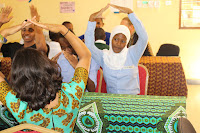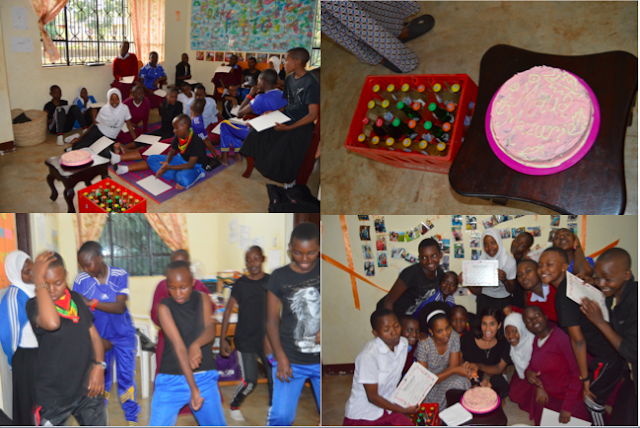Today, August 8, 2016, marks
one month since my return to the U.S.A. The two worlds that I have
lived in lie in complete discord, and reconciling these differences is
taxing. The simplest things – crosswalks, food delivery, the size of
onions – are bewildering. Struggling to remember a simple English
word, I’m often met with blank and unsympathetic stares. Driving
through the neighborhood streets that once were filled with the bikes,
scooters, Hop-its, and laughing kids of my childhood, I see only locked doors
and dark windows. The neighbors who stop at home for conversation
have dwindled to none. I see people ambivalently detached from the
paralyzing reality of approaching the election of a brash, xenophobic, failed
business tycoon as leader of the free world. Conversations erupt
around me – plans about where to go out that night, vapid complaints about
emails, gossip about new faces – and I fail to engage. It’s not that
I’m unhappy with where I am – the opposite is true. Prolific,
industrious, and altogether happy people in a place that they are deeply
passionate about surround me. Still, I’ve spent a lot of time
reflecting and revisiting my decision to serve two and a half years ago.
One of the most difficult
decisions of my life took place when two fantastic opportunities waltzed into
my life within hours of each other. I was offered admission to my
top-choice medical school, followed closely by an offer to serve in the Peace
Corps. I faced an immense decision between two lifelong dreams.
Minutes felt like days as my thoughts raced, and my stomach somersaulted
more than Gabby Douglas in Rio. Eventually, I decided to have my
cake and eat it too. The medical school supported my decision, in
essence allowing me to run free in the Peace Corps with the assurance that my
seat would wait for me.
During my service, I felt pangs of regret a handful of times at my
decision. Now, however, upon matriculating, those pangs have become
tangible. Regardless of how warm and welcoming my peers are, it’s hard
not to feel left behind seeing them two years ahead of me in their educations
and in their careers. Have I been left behind in life also, or am I
living an existence more enriched? One month ago, I would have told
you that my service has enriched my life in a multitude of ways.
Today, the same is true, but the story is a bit more complex. My
service HAS enriched my life, and it is important to keep revisiting and
identifying the ways.
Today, as I place my service
in the context of my current life and in the context of my career, the world is
still happening around me. Today, I seek to engage in a life
strikingly similar to my own before the Peace Corps, my heart seems far
away. Today, the first day of medical school lectures – what
are amino acids again? – happened to me. This month,
meeting with old friends and encountering new ones happened to me. Bills,
budgeting, emails, schedules – these are also happening to me. And,
I guess it’s time to make things happen around me rather than happening to me. It’s
time to dive in headfirst, just as I did two years ago, renewed and ready to
cope with the road ahead.













































